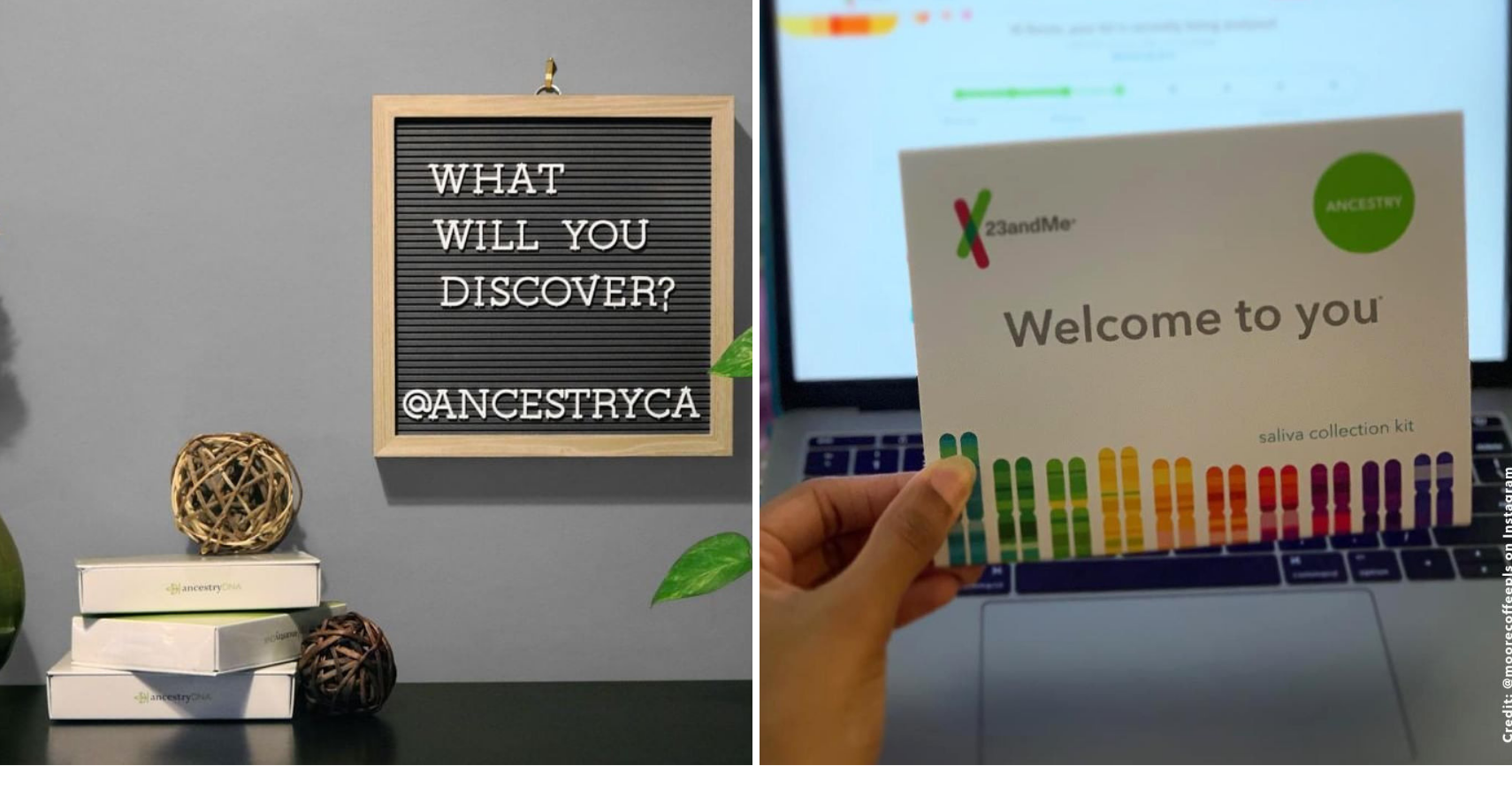Home-based DNA kits have become increasingly popular over the last few years. Kits like 23andMe and AncestryDNA are available for a relatively affordable price and offer to shed light on one's heritage, ancestry and even possible potential health risks. Of the 14 million people who have used at home DNA test kits, many probably don't think about what they're actually giving away when they take one of these tests, but as a recent report from Global News suggests, they should.
“Very few of these genetic tests can be run as cheaply as they’re being offered to consumers,” Malia Fullerton, a professor of bioethics and humanities at the University of Washington told the news station. “The way you make your money is by repurposing the data.” The report suggests that these companies who are collecting your DNA and sending you a personalized report on your ancestry are also using your DNA for other reasons, including using the DNA in research to help develop new drugs, in the study of disease and even in the pursuit of criminals.
Home DNA tests, made all the more popular due to the science becoming more affordable and the at home testing being quite easy — normally just involving a vial of spit or a swab from your cheek — is a booming industry. Global News says the more DNA each company can collect, the more valuable, writing that both AncestryDNA and 23andMe both share their DNA databases with companies that offer medical research as long as consumers have opted in to have their information shared.
“When you give your genetic information to one of these direct-to-consumer companies, they generally keep it,” said Tim Caulfield, a professor of law at the University of Alberta and Canada Research Chair in health law and policy who suggests you should always read the fine print before taking one of these tests. “Make sure you know what you’re getting involved in,” Caulfield told Global News.
He suggests that your own DNA could work against you in a number of ways, stating that insurance companies could penalize you if you were found to have a genetic mutation that may cause a certain kind of cancer. He also stated that law enforcement could potentially use the DNA samples to find a link to suspects in cold cases.
While many argue there are benefits to at home DNA tests, experts suggest that if you are looking for absolute privacy these at home tests may not be for you. Caulfield also said that if you're taking a test to find out your risks for certain cancer, you should be skeptical.
“There is a huge amount of variability between these direct-to-consumer testing companies,” he said. “People should view it as recreational science and go in with a skeptical eye.”
Read Next: Ovarian Cancer Signs Every Woman Should Be Aware Of

